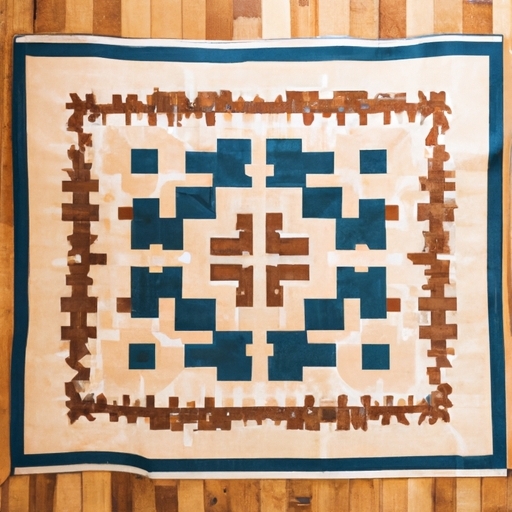
Unique Ethnic Southwestern Floor Rug
Importance of rugs in creating the perfect farmhouse look
Southwestern rugs have a rich **history** that dates back centuries. They are intricately woven by skilled artisans using traditional techniques passed down through generations. These rugs hold **cultural** significance for the Native American tribes of the Southwest region, serving as both practical floor coverings and works of art that showcase their unique designs and symbolism. The vibrant colors and geometric patterns found in Southwestern rugs often represent elements of nature, spiritual beliefs, or stories from tribal folklore. Owning a Southwestern rug can add warmth and character to any room while also honoring the history and traditions of the indigenous peoples who created them. Whether used as a decorative accent or a functional piece, these rugs are sure to make a statement in your home with their striking beauty and cultural resonance.